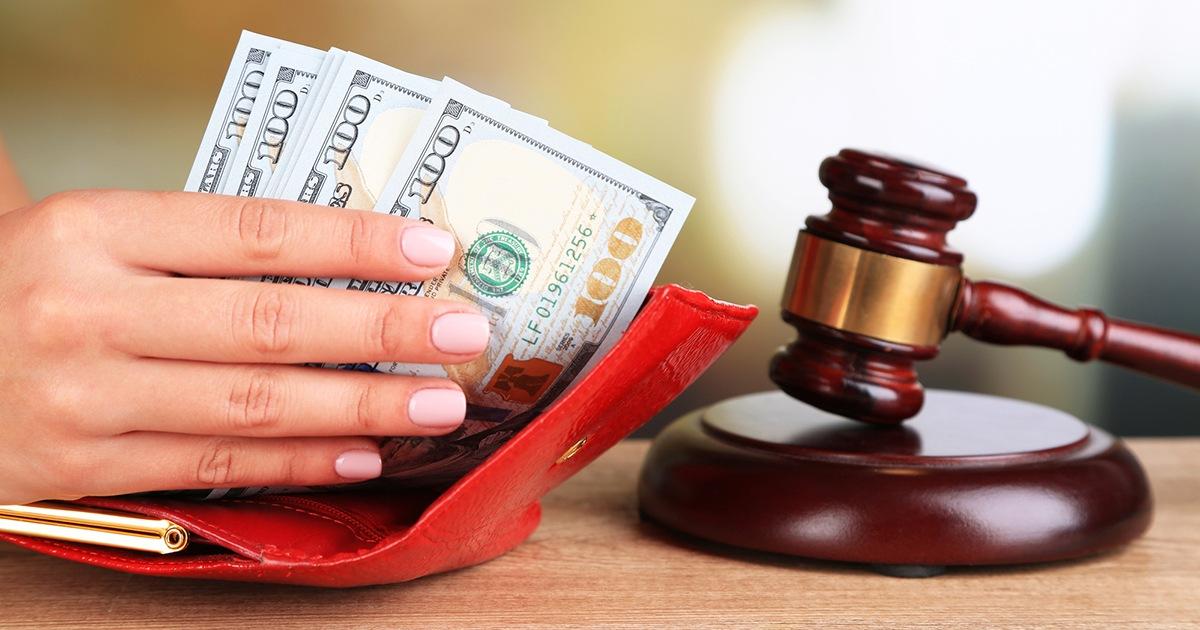In short, the answer is yes. When a bankruptcy is filed, an Automatic Stay goes into effect. The Automatic Stay applies in both Chapter 7 and Chapter 13 bankruptcy. The Automatic Stay is put in place as a stop to all creditors from taking any action whatsoever against the bankruptcy filer. The Stay goes into immediate effect as soon as the case is filed. The Stay prevents creditors from contacting the bankruptcy filer by any means including phone, text, email, written mail, or any other form of communication. The Stay also prevents creditors from taking any legal action against the bankruptcy filer including lawsuits, garnishments, foreclosure, bank levy, or any other form of legal action. Further, if a legal action is already in motion, the Stay stops that action immediately. Therefore, if you are being garnished or about to be garnished, the technical result of filing a bankruptcy is that the garnishment must stop in its tracks and cannot move forward.
With that being said, if you file bankruptcy and you have a garnishment already in place, the creditor must be notified of your bankruptcy and your employer must also know about your bankruptcy, so all parties know that you have filed. Once notified, the creditor must file a notice of bankruptcy in the state court action, so the state court also knows not to move forward with any other action against the bankruptcy filer. The creditor will also file a request to the state court to quash or cancel any remaining garnishments. Sometimes, if you have a bankruptcy lawyer, the lawyer can file the notice of bankruptcy in your state court to help speed up that process.
When it comes to your employer, the speed in which the garnishment stops depends upon where the employer is within your payroll cycle. For example, if payroll has already been processed for the next payroll cycle, then its very unlikely your employer will be able to stop the payroll from processing to remove the garnishment. You still might incur one more garnishment. However, the creditor is then obligated to return any garnished funds back to the bankruptcy filer for any garnished funds past the date the bankruptcy case was filed. In some jurisdictions, the bankruptcy trustee may request those funds back as property of your bankruptcy and the trustee will then use that money to pay some of your debt. Otherwise, you will get that money back when the creditor processes the refund.
All bankruptcy filers must know that filing a bankruptcy will stop a garnishment. The time period for when the garnishment stops may vary depending on your employer and your payroll process. If you continue to be garnished past the time you file bankruptcy, and the creditor has been notified about your bankruptcy, then you have rights to take action against that creditor in the bankruptcy court for violating your Automatic Stay. In most cases, any sophisticated creditor or credit agency will know this and do everything they can to stop the garnishment. If they do not, contact your bankruptcy lawyer for information about how to force the creditor to stop the garnishment permanently.


